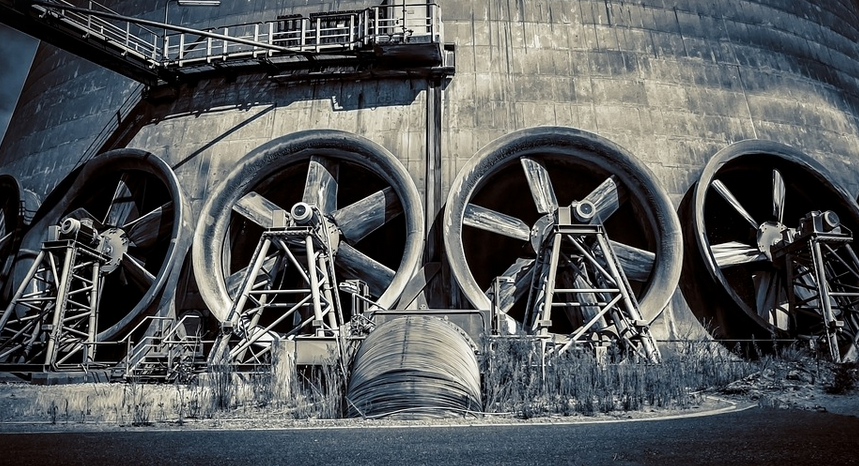
Does Retainers Cause Gum Recession?
A Closer Look at the Relationship
So, you’re thinking about getting a retainer to straighten your smile. Good for you, it can really boost confidence and help you achieve that perfect grin. But, like any kind of dental work, there are some questions about potential side effects. One question that constantly pops up is: does wearing a retainer cause gum recession?
The answer isn’t as straightforward as “yes” or “no.” It depends on several factors and requires a little bit of understanding about the mechanics of how retainers work.
Let’s break it down. First, why do we need retainers in the first place? Retainers are small, removable devices that help your teeth maintain their newly straightened position after braces or orthodontic treatment. They’re worn primarily at night to prevent your teeth from shifting back into their former positions.
But when you wear a retainer, there’s a constant pressure on the gum tissue surrounding your teeth. It’s kind of like how a finger gently presses against a pillow – it can cause some minor irritation or even slight friction over time if not done correctly. This contact can potentially lead to gum recession.
Now, it’s important to understand that gum recession is a natural process anyway, especially as we get older. Our teeth naturally shift and our gums may recede slightly due to aging and the regular wear of life. The issue with retainers is mainly if you don’t use them correctly or if there are underlying issues.
Gum recession occurs when your gum tissue starts to pull away from your tooth roots. This can be caused by a number of things, including brushing too hard, smoking, and the aging process itself. Retainers themselves don’t directly cause gum recession. However, if you’re not using your retainer correctly or consistently, it can lead to increased friction on the gums, which could potentially contribute to receding gums over time.
There are several reasons why a retainer might be more prone to contributing to this type of issue. First, retainers don’t just have an impact on your smile; they also affect your oral hygiene routine. It’s common for people to neglect certain aspects of their oral care when using a retainer, like flossing and brushing properly.
What can you do to prevent it? Here are a few tips:
1. **Use Your Retainer Correctly:** Make sure you understand how to wear your retainer correctly. Your orthodontist should provide clear instructions on its usage. 2. **Brush and Floss Regularly:** Don’t neglect brushing and flossing even with retainers. Make it a habit to brush after every meal, even if it’s just for a short time. Flossing at least once a day is essential for removing food particles from in-between your teeth.
3. **Be Patient:** It takes time to adjust to wearing a retainer. Just be patient and consistent with your routine. Your gums will adapt over time.
4. **Maintain Regular Dental Checkups:** Don’t underestimate the power of regular dental checkups! They help identify potential issues, such as inflammation or gum disease, early on before they cause major problems. Your dentist can also recommend specific tips for maintaining your teeth and gums while using a retainer.
Remember, good oral hygiene is the key to preventing any potential issues, including gum recession. Take care of your teeth and your gums as part of your daily routine.
If you’re concerned about potential gum recession or have experienced it in the past, talk to your dentist or orthodontist about any specific concerns.
In conclusion, although retainers don’t directly cause gum recession, they can contribute to it if not used correctly, leading to increased friction and irritation. But, with proper care, including regular brushing, flossing, and consistent use of your retainer, you can prevent any potential issues and maintain a beautiful, healthy smile.